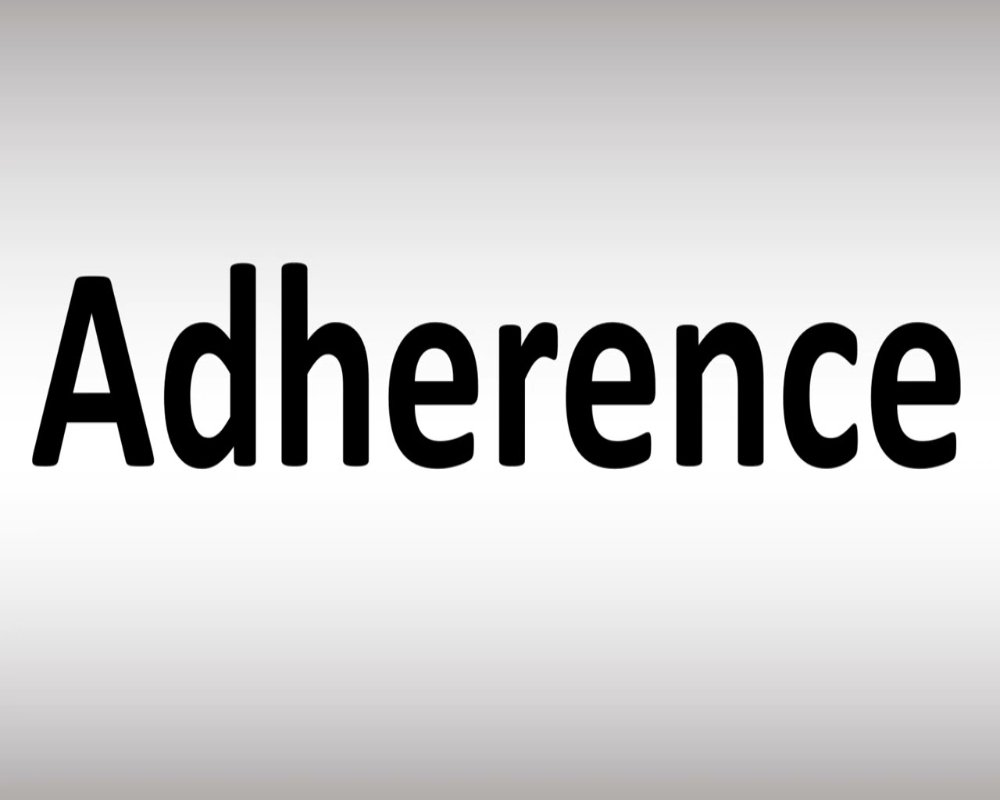Introduction
Licensing is a foundational requirement for industrial and commercial establishments to operate within the bounds of legality and regulatory standards. In the industrial context, licenses serve as formal approvals granted by various government departments and regulatory bodies, ensuring that the enterprise complies with relevant laws, safety norms, and operational protocols. These licenses are essential not only at the commencement of business operations but also throughout the lifecycle of the enterprise, requiring periodic renewals, updates, and inspections. This article outlines the key licenses required for regulatory adherence in industrial operations, categorized by functional domains and regulatory authorities.
Factory License
A factory license is mandatory for all manufacturing units operating under the Factories Act. Issued by the Chief Inspector of Factories or equivalent authority, this license certifies that the factory premises meet statutory requirements related to worker safety, hygiene, structural layout, and maximum employee strength. The license must be obtained before commencing production and is subject to annual or periodic renewal based on the applicable state or national regulations.
Environmental Clearances
Industries involved in activities with environmental impact must secure environmental approvals to comply with pollution control laws. Key licenses include:
Consent to Establish
Issued by the State Pollution Control Board, this license is required before construction or installation of machinery begins. It ensures that the planned operations meet prescribed environmental guidelines.
Consent to Operate
This is granted once the unit is ready to begin production and confirms that the actual operations conform to the approved environmental norms. Regular monitoring and renewal of this consent are necessary.
Hazardous Waste Authorization
Industries that handle, store, or dispose of hazardous waste must obtain this license to ensure compliance with waste management rules.
Building and Fire Safety Approvals
Before commencing operations, factories must obtain building plan approvals from local authorities. This includes verification of the structural safety and zoning compliance of the industrial premises. In addition, a Fire Safety Certificate is required from the Fire Department, certifying that adequate fire prevention and firefighting equipment are in place and functional.
Trade and Business Licenses
A general Trade License or Business Operation License issued by the municipal or local governing body is essential for legally conducting business within a jurisdiction. This ensures the enterprise is registered and recognized under local commercial regulations.
Labor Law Registrations
Compliance with labor laws necessitates various licenses and registrations, including:
Employees’ Provident Fund Registration
Required for organizations employing a minimum number of workers, this ensures contributions towards employee retirement benefits are made regularly.
Employees’ State Insurance Registration
This registration is essential for providing medical and financial benefits to workers under applicable wage thresholds.
Contract Labor License
If a factory employs contract labor, it must obtain a license under the Contract Labour (Regulation and Abolition) Act, detailing the number of contract workers and the nature of employment.
Industry-Specific Licenses
Certain sectors require specialized licenses to ensure adherence to sectoral regulations. Examples include:
FSSAI License
For food processing and packaging units, the Food Safety and Standards Authority of India (FSSAI) issues licenses based on the size and nature of the business.
Drug Manufacturing License
Pharmaceutical industries must obtain licenses from the Drug Control Authority to manufacture, store, and distribute medicinal products.
Boiler Operation Permit
For industries using boilers, approval from the Directorate of Boilers is required to ensure safety standards are met.
Import and Export Code
Units engaged in foreign trade must obtain an Import Export Code (IEC) from the Directorate General of Foreign Trade (DGFT), which is necessary for customs clearance and international transactions.
Conclusion
Obtaining the appropriate licenses is a critical component of regulatory adherence for any industrial enterprise. These licenses validate the legality, safety, and ethical functioning of operations and provide a framework for monitoring and compliance. Failure to secure or renew necessary licenses can lead to legal action, financial penalties, and operational disruptions. Therefore, industrial units must maintain a well-structured compliance system to manage license applications, renewals, and audits. A proactive licensing strategy not only ensures legal conformity but also contributes to the long-term credibility and sustainability of the business.
Hashtags
#RegulatoryCompliance #LicensingRequirements #BusinessLicenses #ComplianceMatters #LegalRequirements #RegulatoryAdherence #LicenseToOperate #BusinessRegulations #IndustryStandards #ComplianceChecklist #LicensingGuidelines #RegulatoryAffairs #PermitProcess #LegalCompliance #BusinessLaw #OperationalLicenses #RegulatoryFramework #ComplianceStrategy #LicenseManagement #StayCompliant


